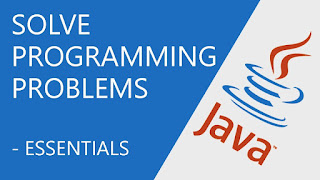API (Application Programming Interface)
Definition
1.A set of routines by which an application
program can call specific programs or services of a computer operating
system (OS) or network operating system (NOS).
2.A set of routines by which an application program allows another application program to work directly with it.
(Application Programming Interface)
A language and message format used by an application program to
communicate with the operating system or some other control program such
as a database management system (DBMS) or communications protocol.
APIs are implemented by writing function calls in the program, which
provide the linkage to the required subroutine for execution. Thus, an
API implies that a driver or program module is available in the computer
to perform the operation or that software must be linked into the
existing program to perform the tasks.
Plenty of API Programming Is Done
Understanding an API is a major part of what a programmer does. Except
for writing the business logic that performs the actual data processing,
all the rest of the programming is writing the code to communicate with
the functions in the operating system and other system software.
The APIs for operating systems can be
daunting, especially the calls to the user interface routines to display
contents on the screen. There are more than a thousand API calls in a
full-blown operating system such as Windows, Mac or Unix.




This comment has been removed by the author.
ReplyDeleteThe very use of API is very popular today because in this case we can draw from other sources. However, when I use native applications, I know that they work directly in cloud computing. That is why I am of the opinion that if we want to have good IT solutions then just contact us via https://grapeup.com/contact/ and we will certainly get the answer to our question.
ReplyDeleteYou have written an excellent blog.. keep sharing your knowledge...
ReplyDeleteGoogle Cloud Training in Chennai
Google Cloud Online Training
GCP Training in Chennai